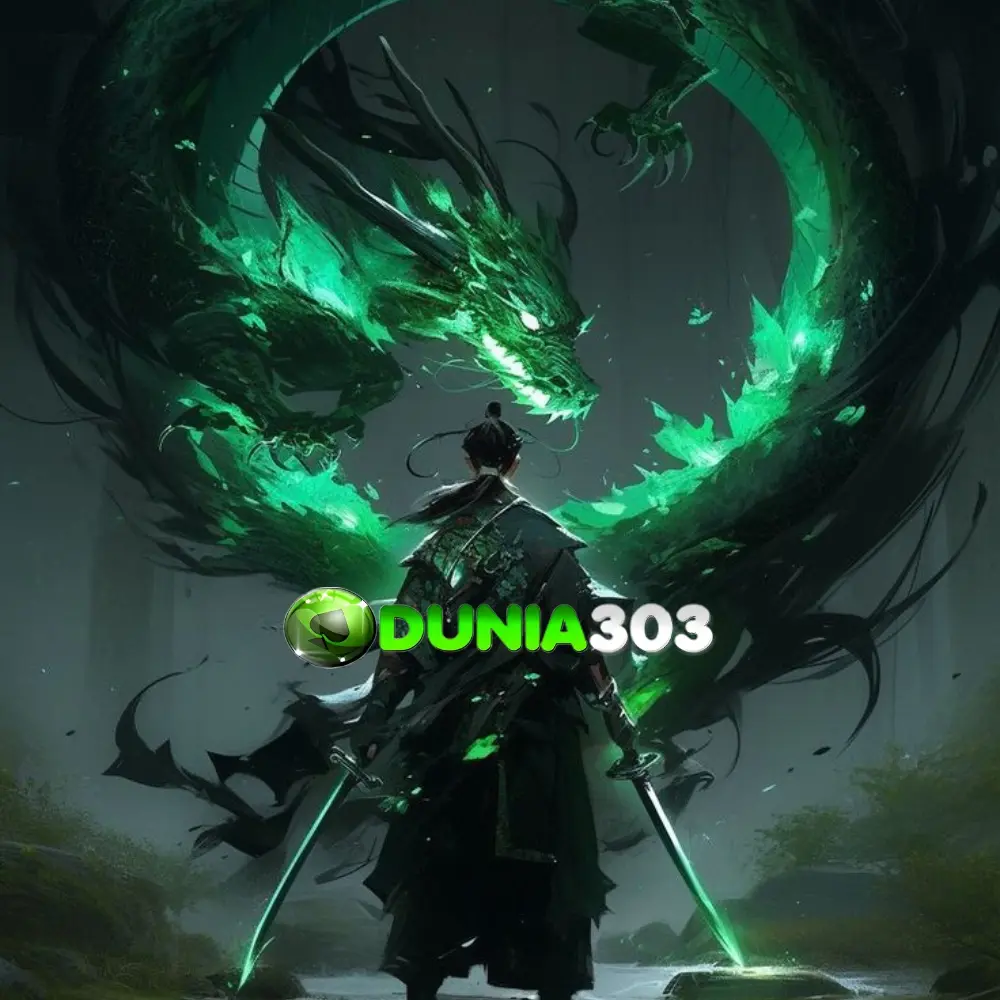DUNIA 303
Download Aplikasinya dan Belanja Sekarang!
Success! Please check your phone for the download link
DUNIA303 LIVE CHAT
DUNIA303











